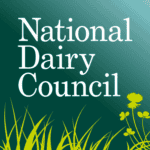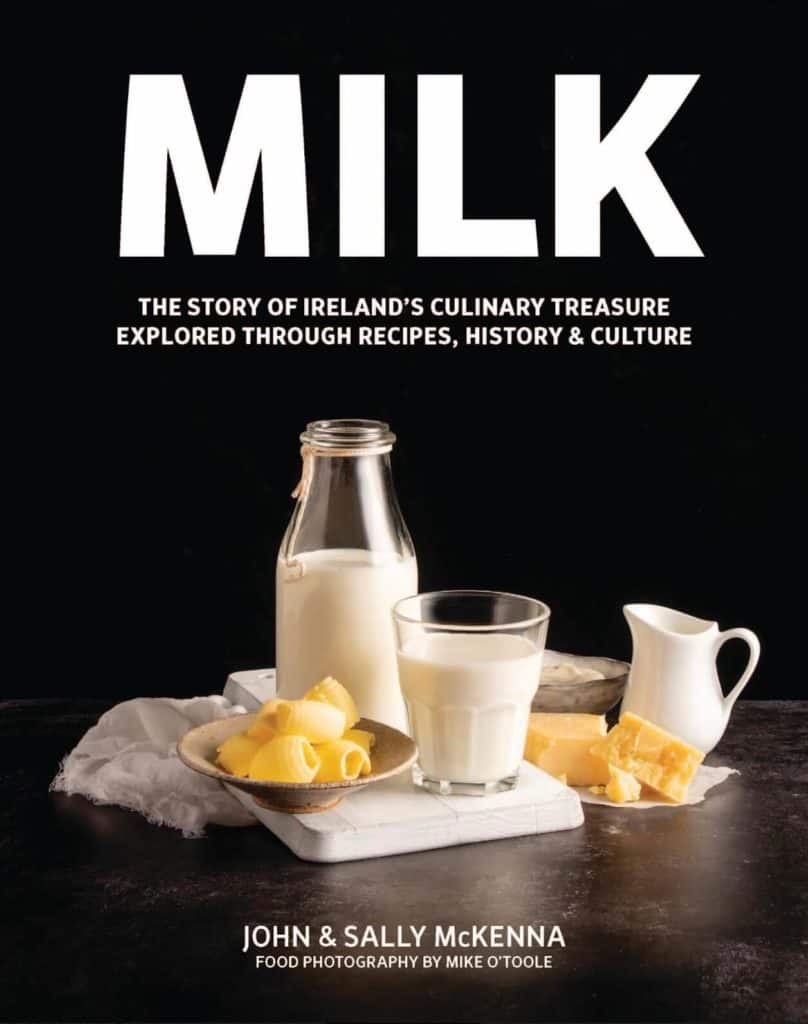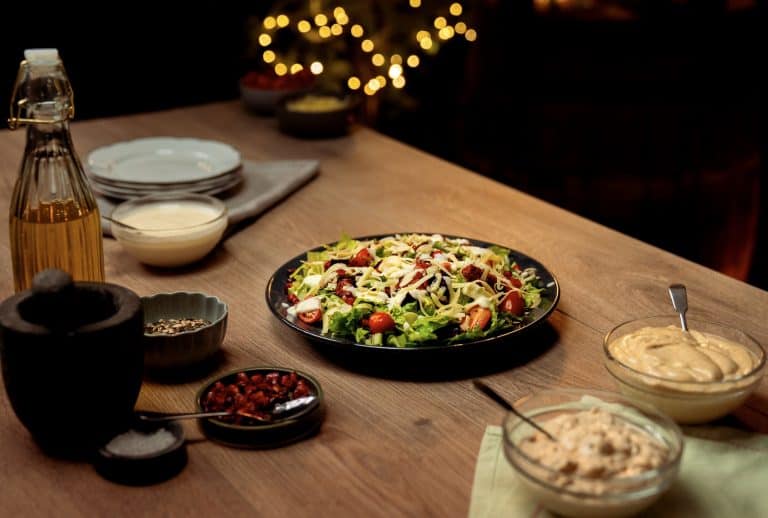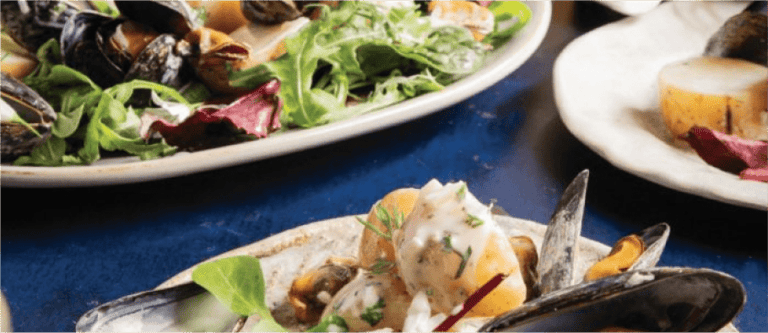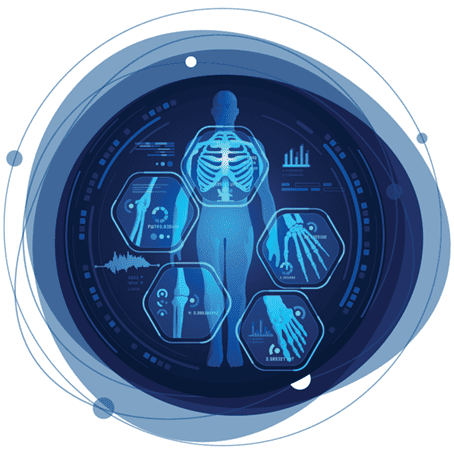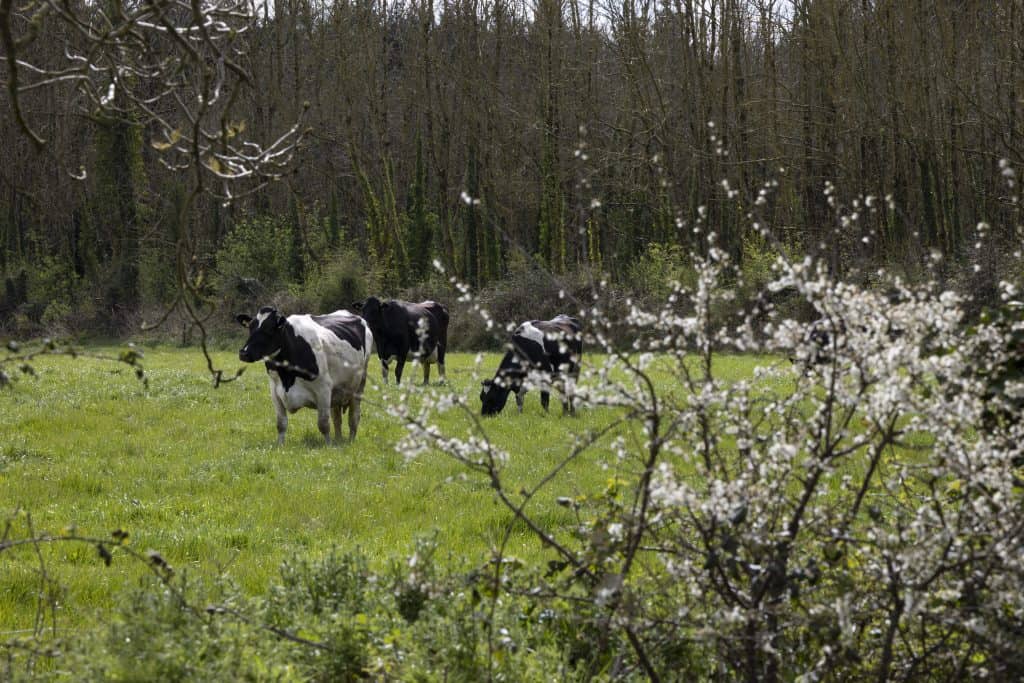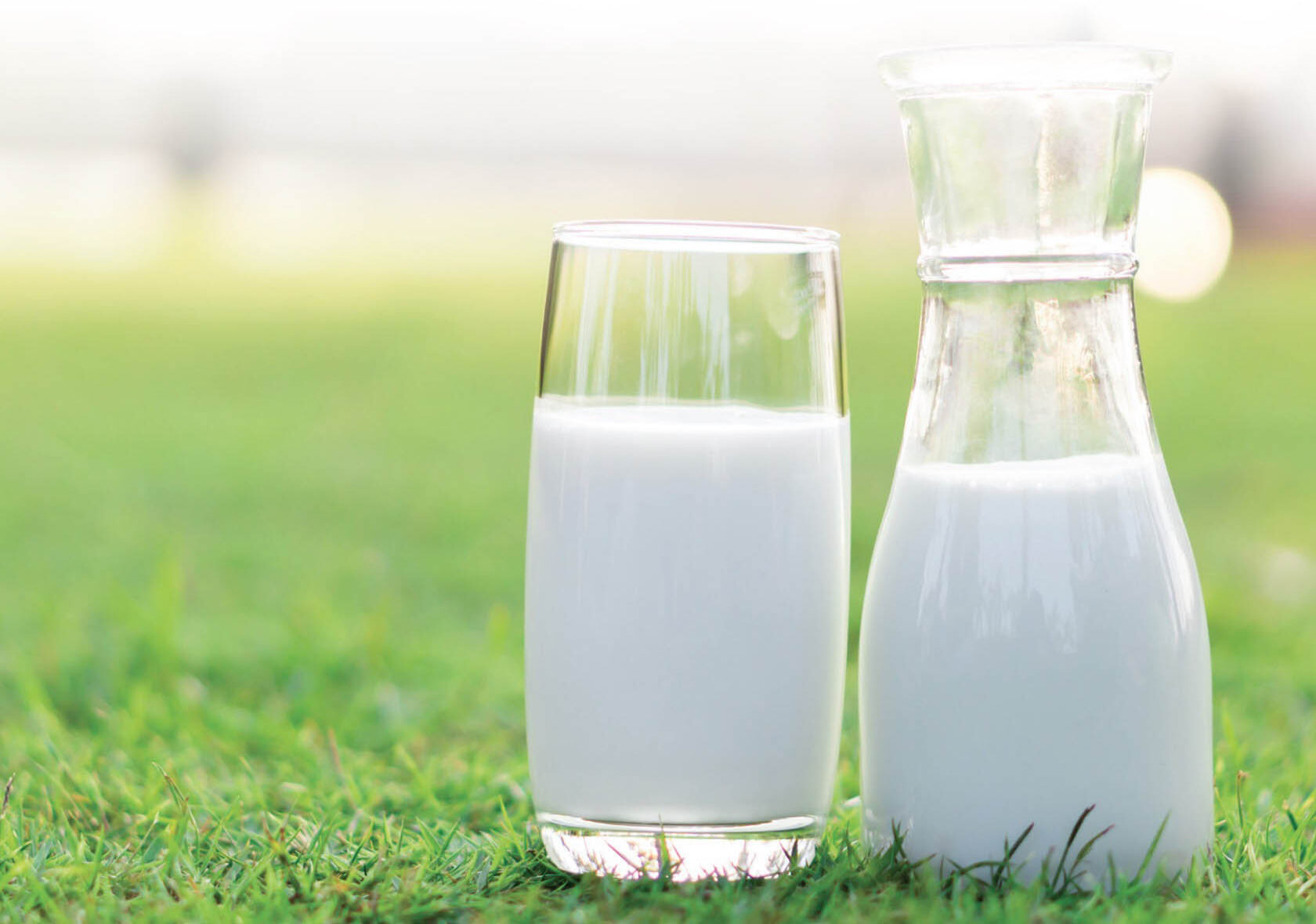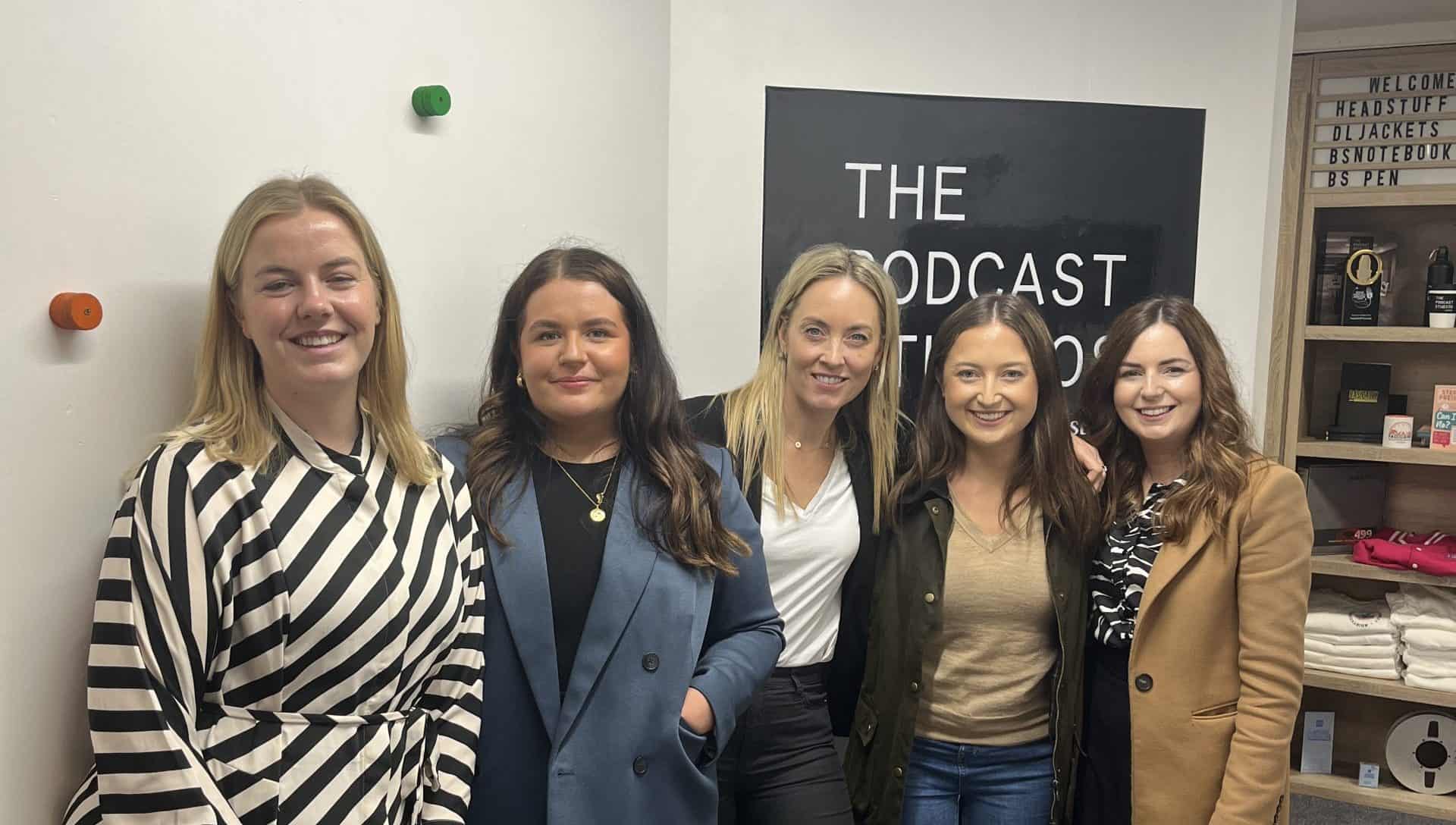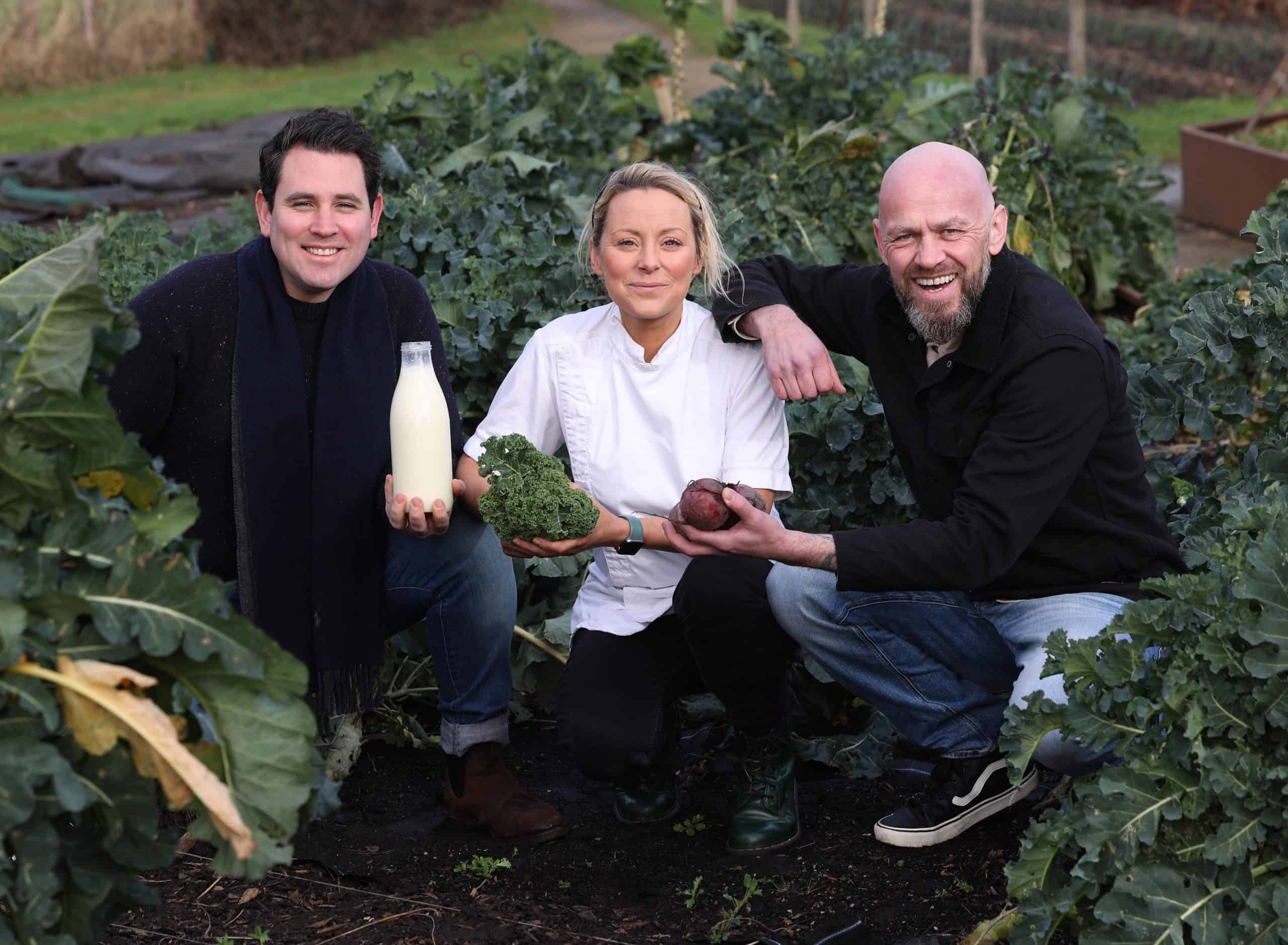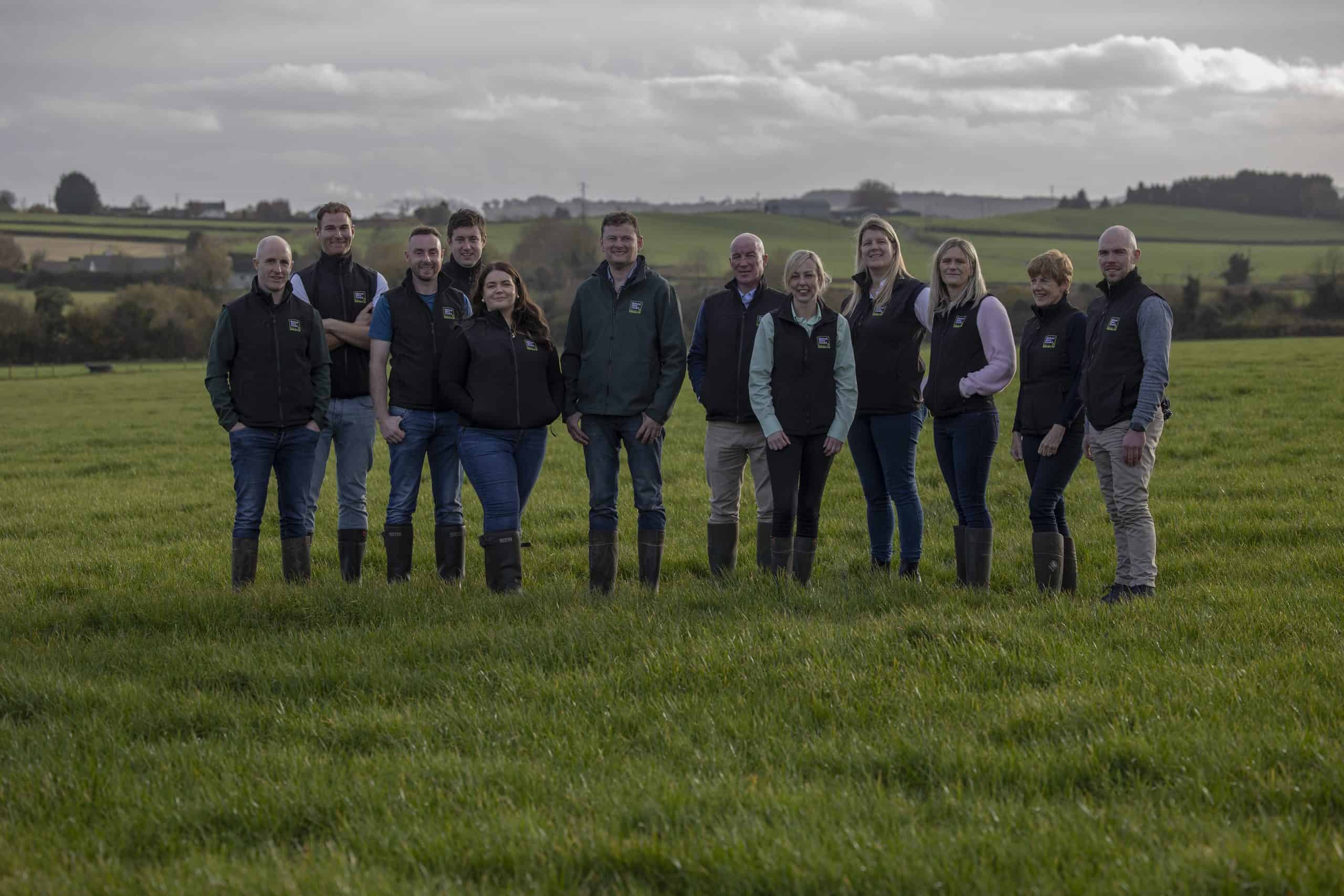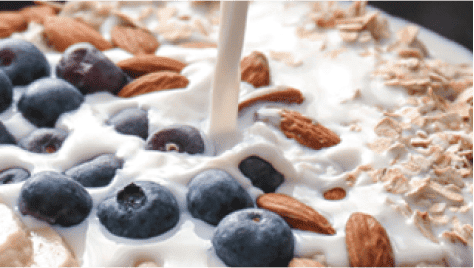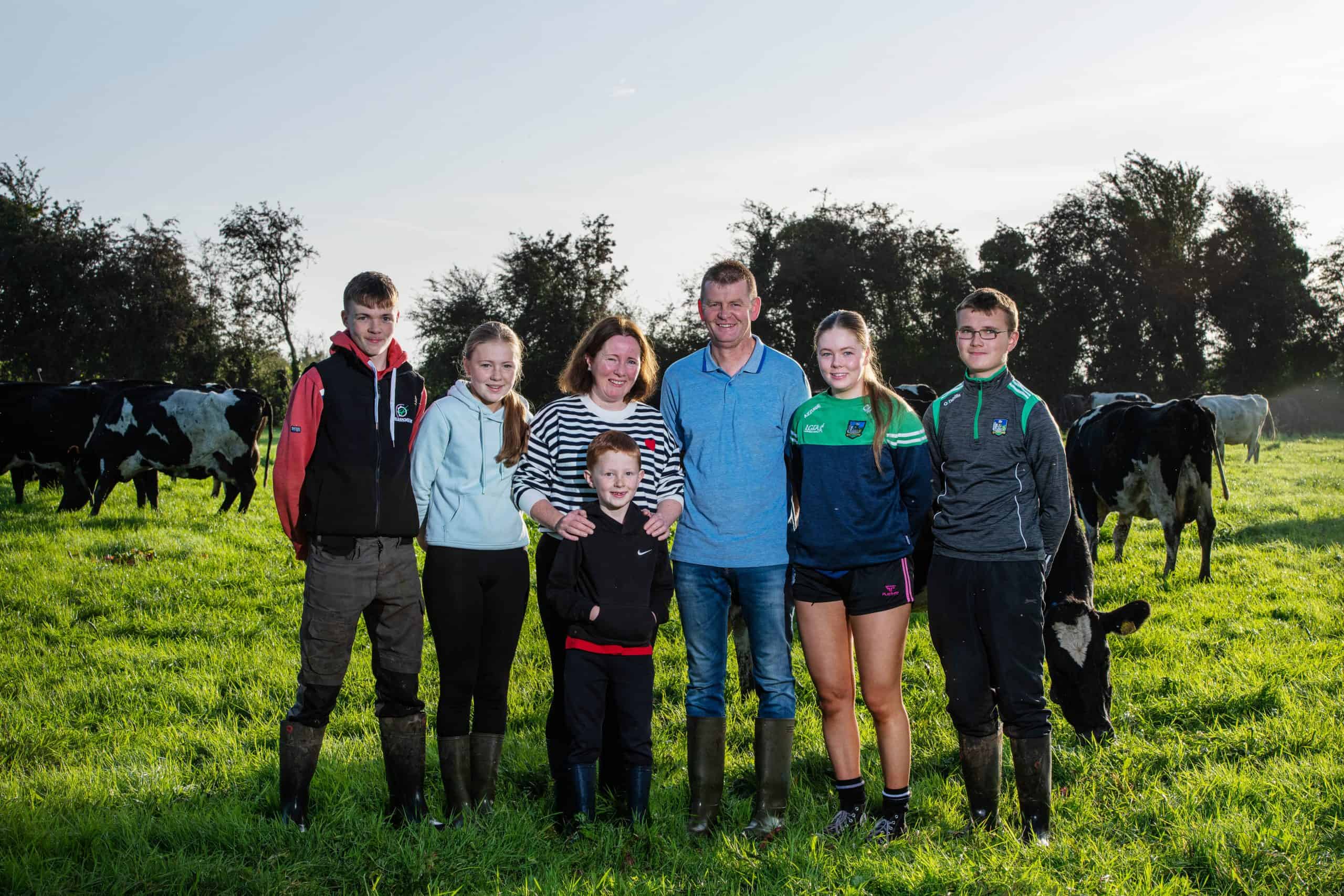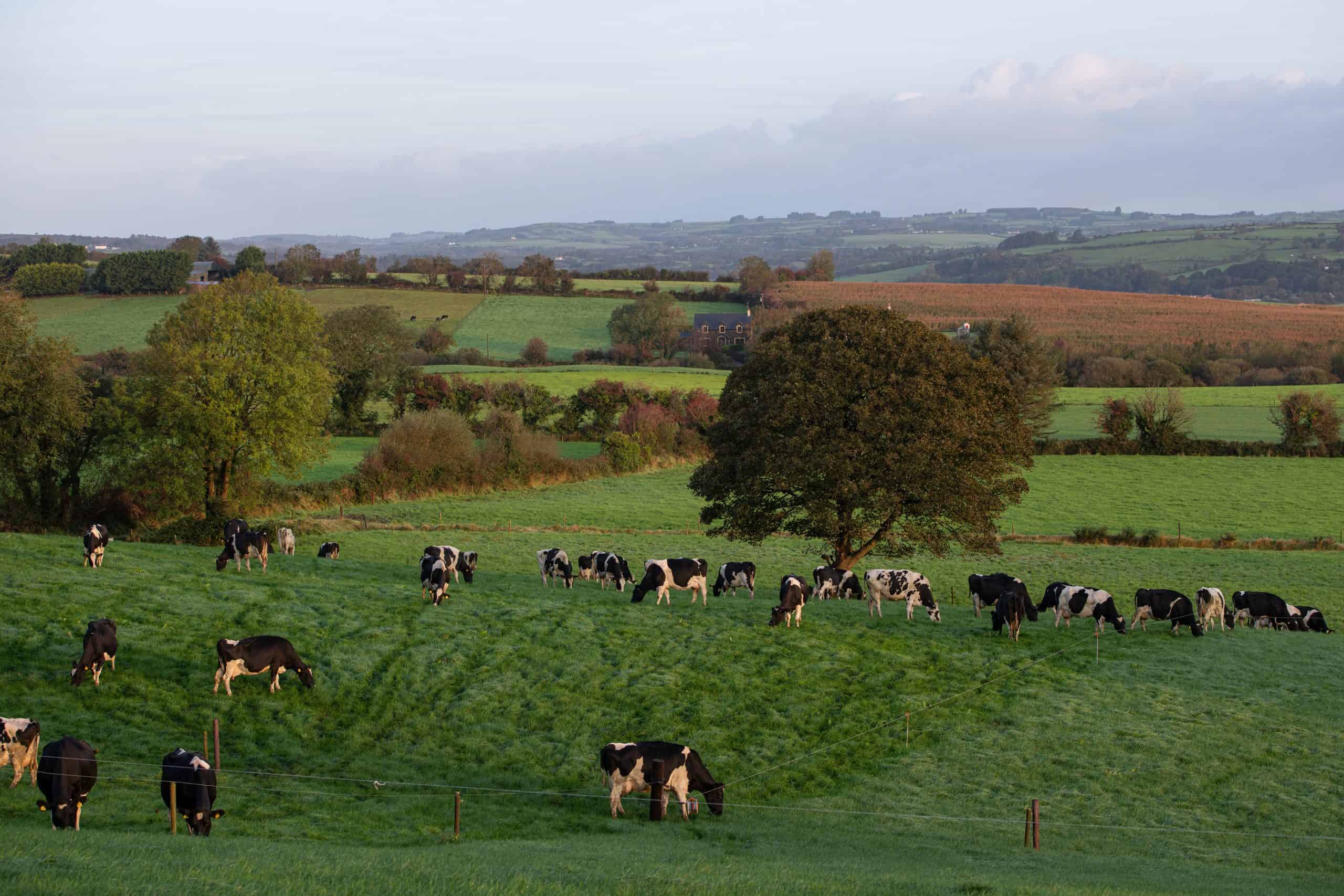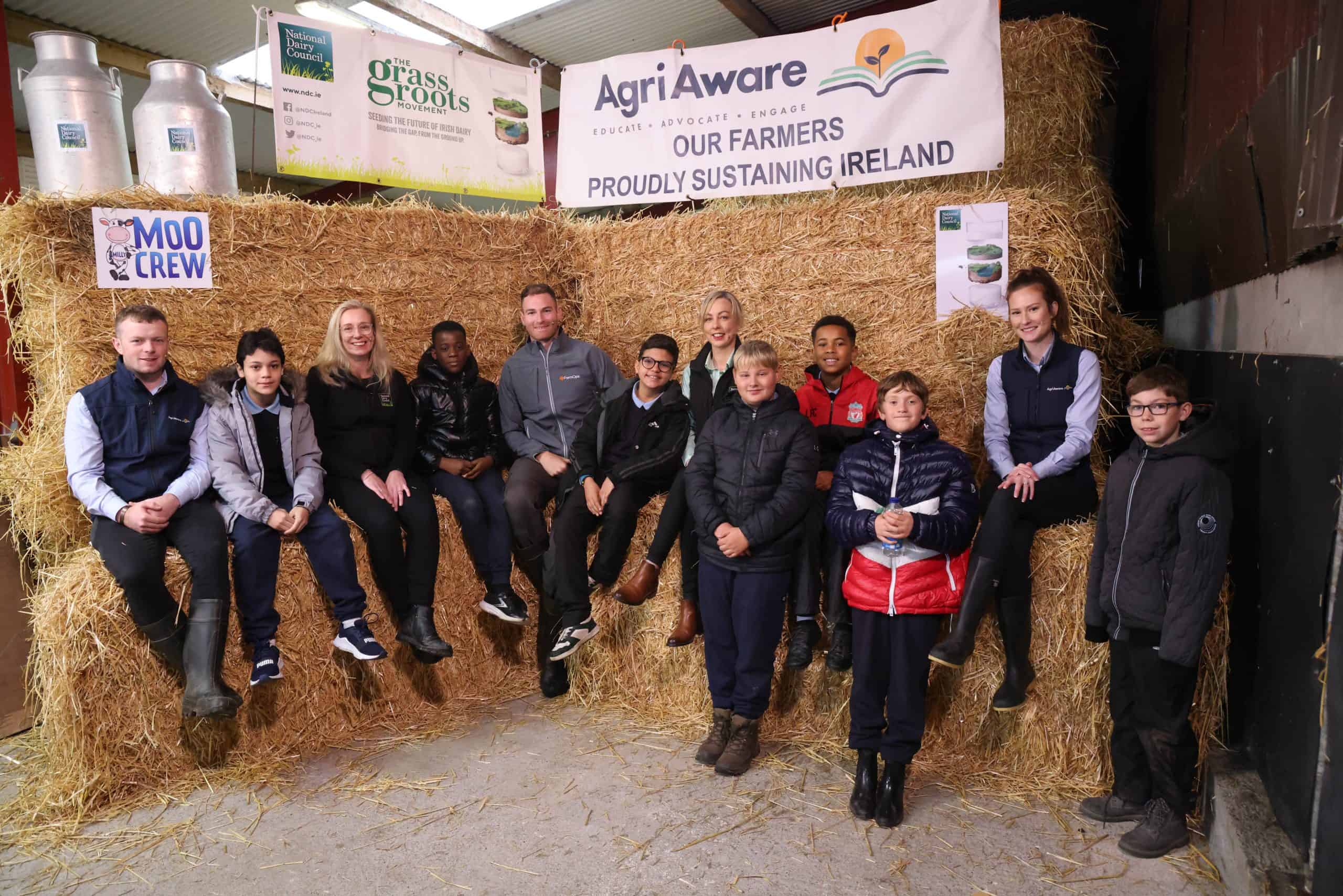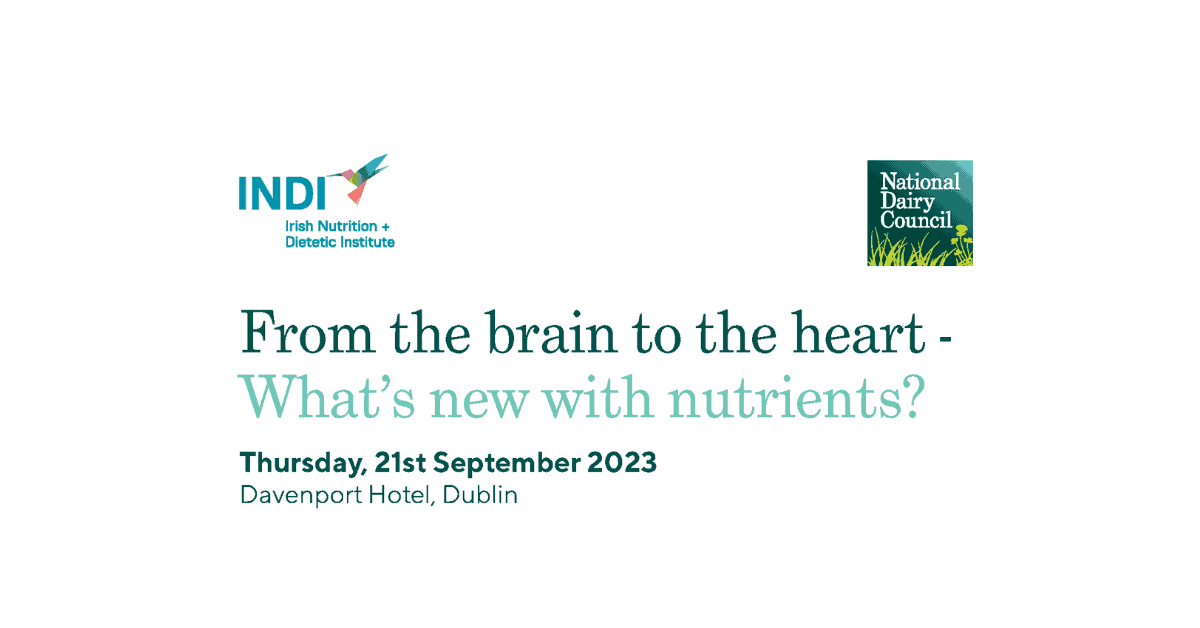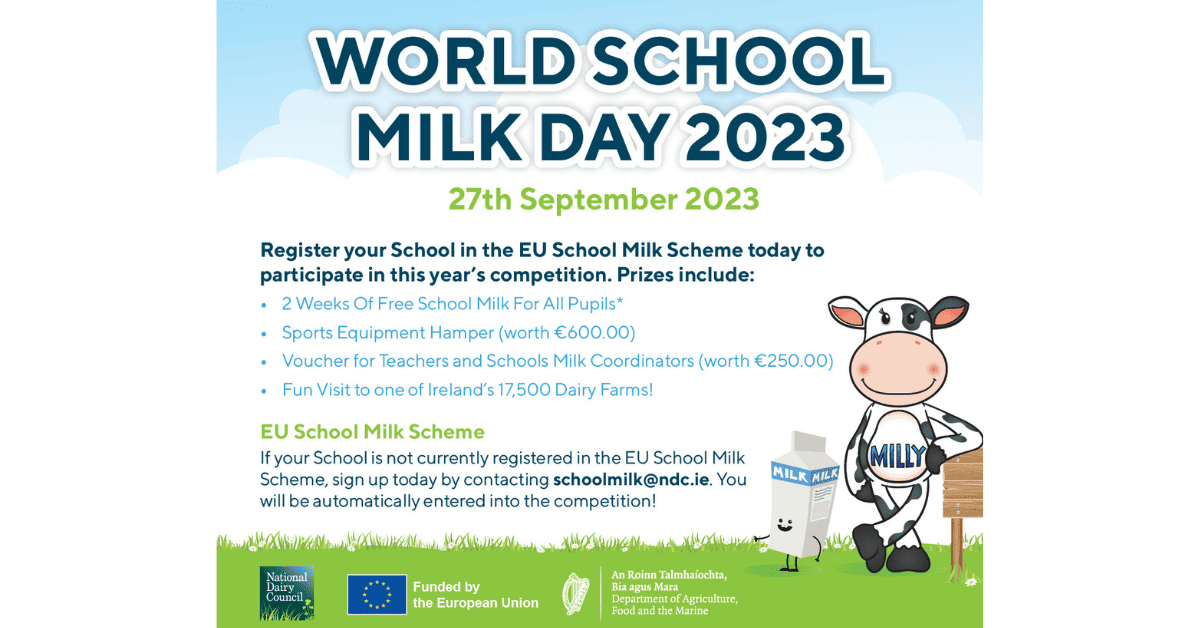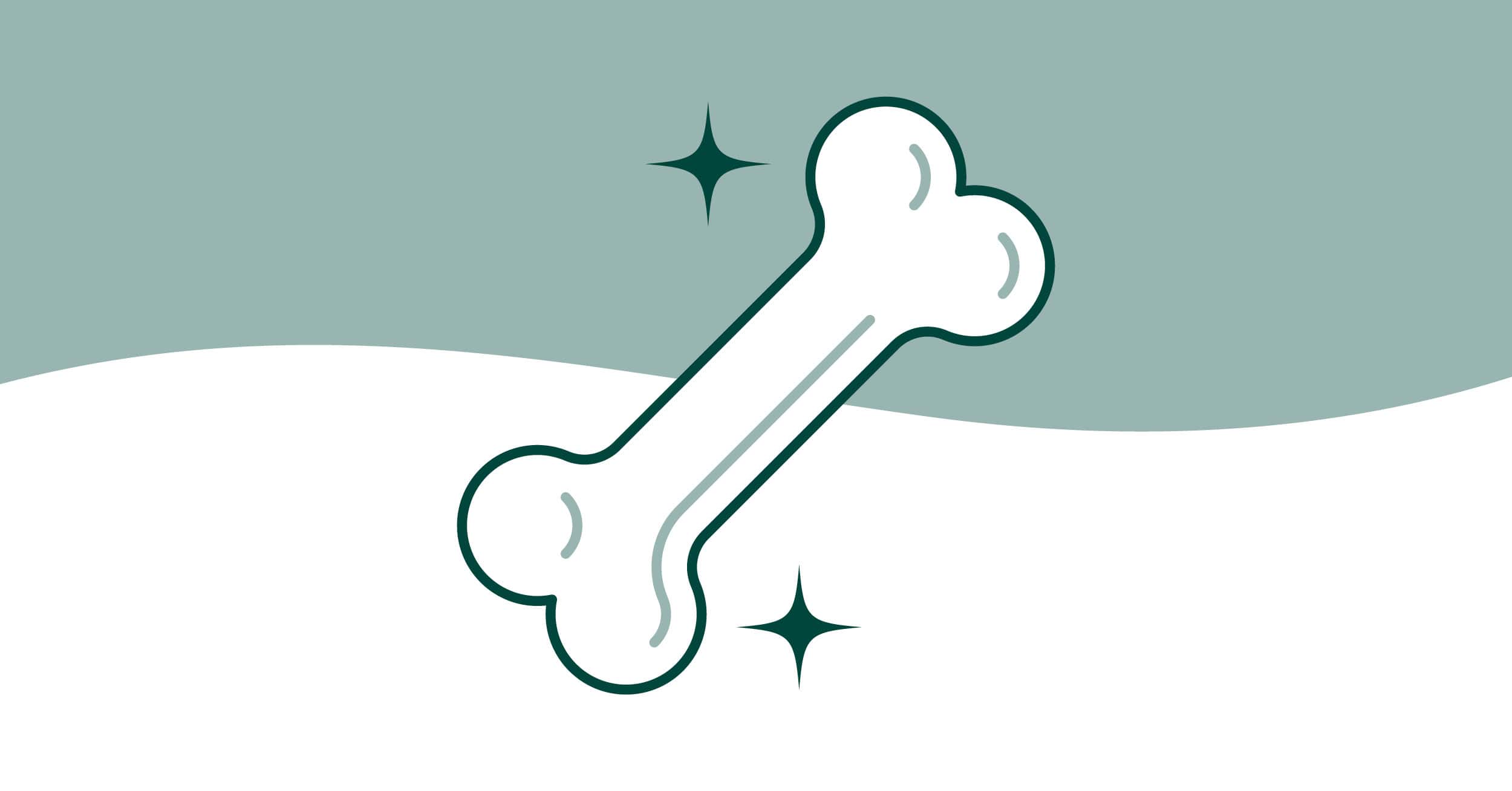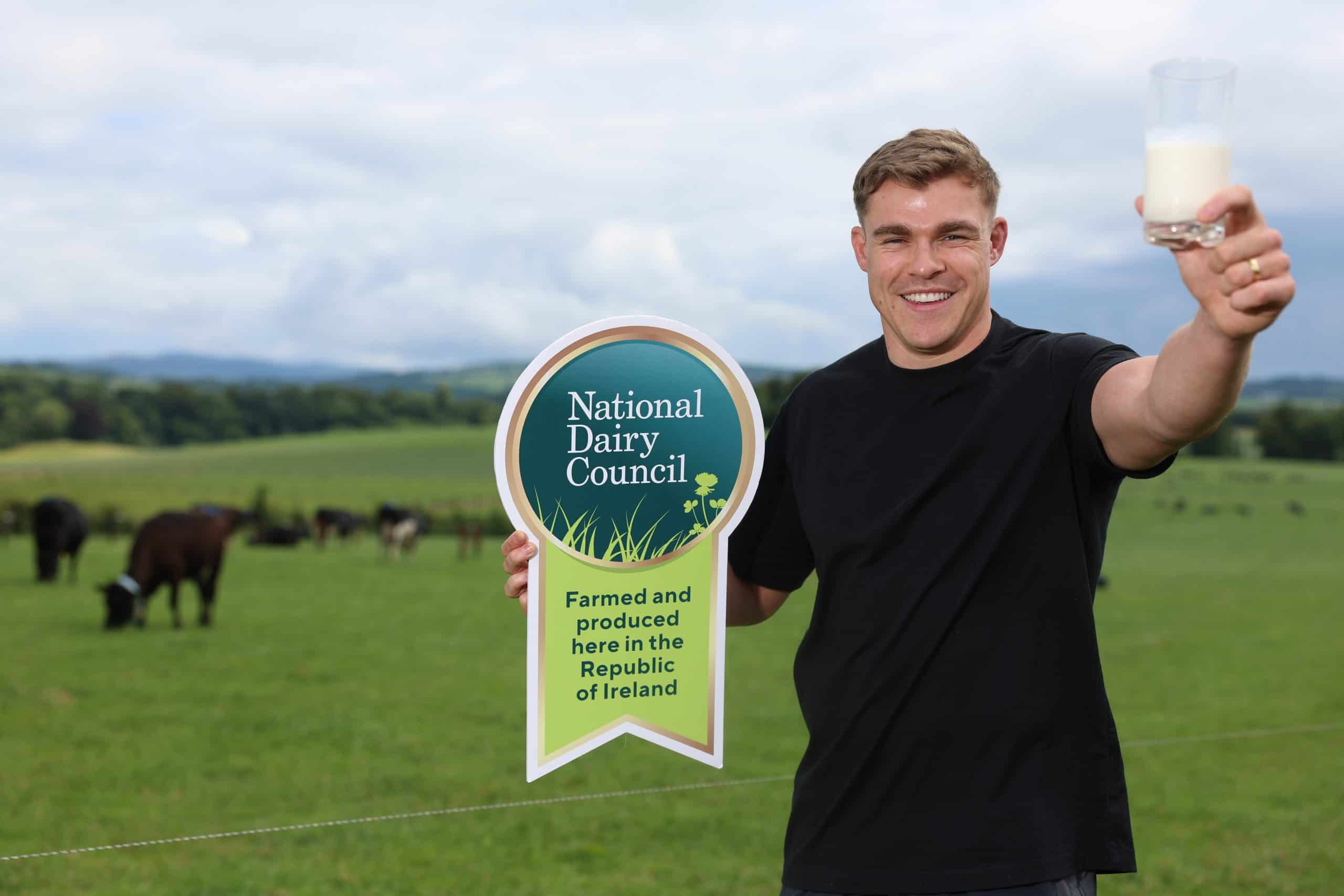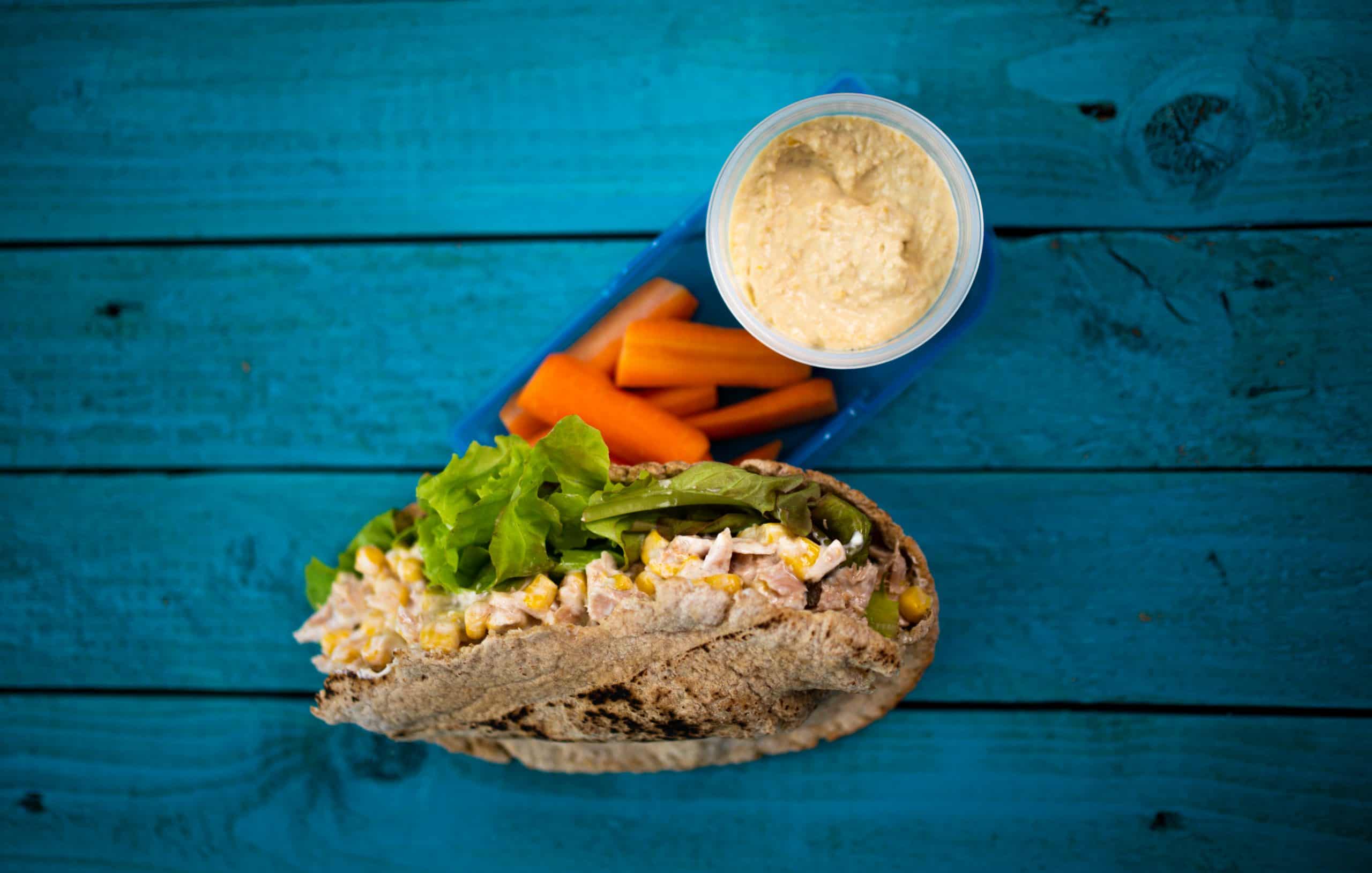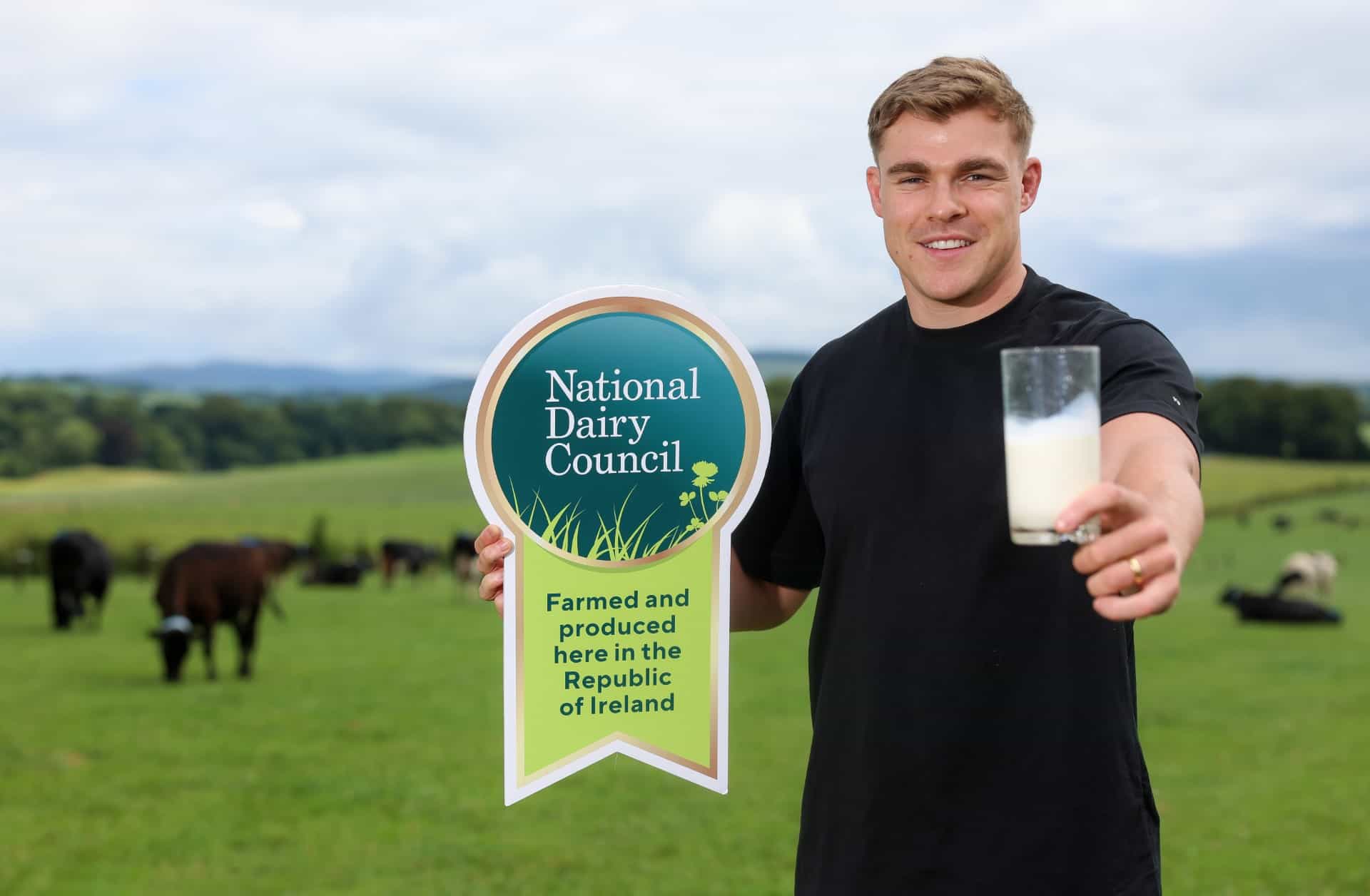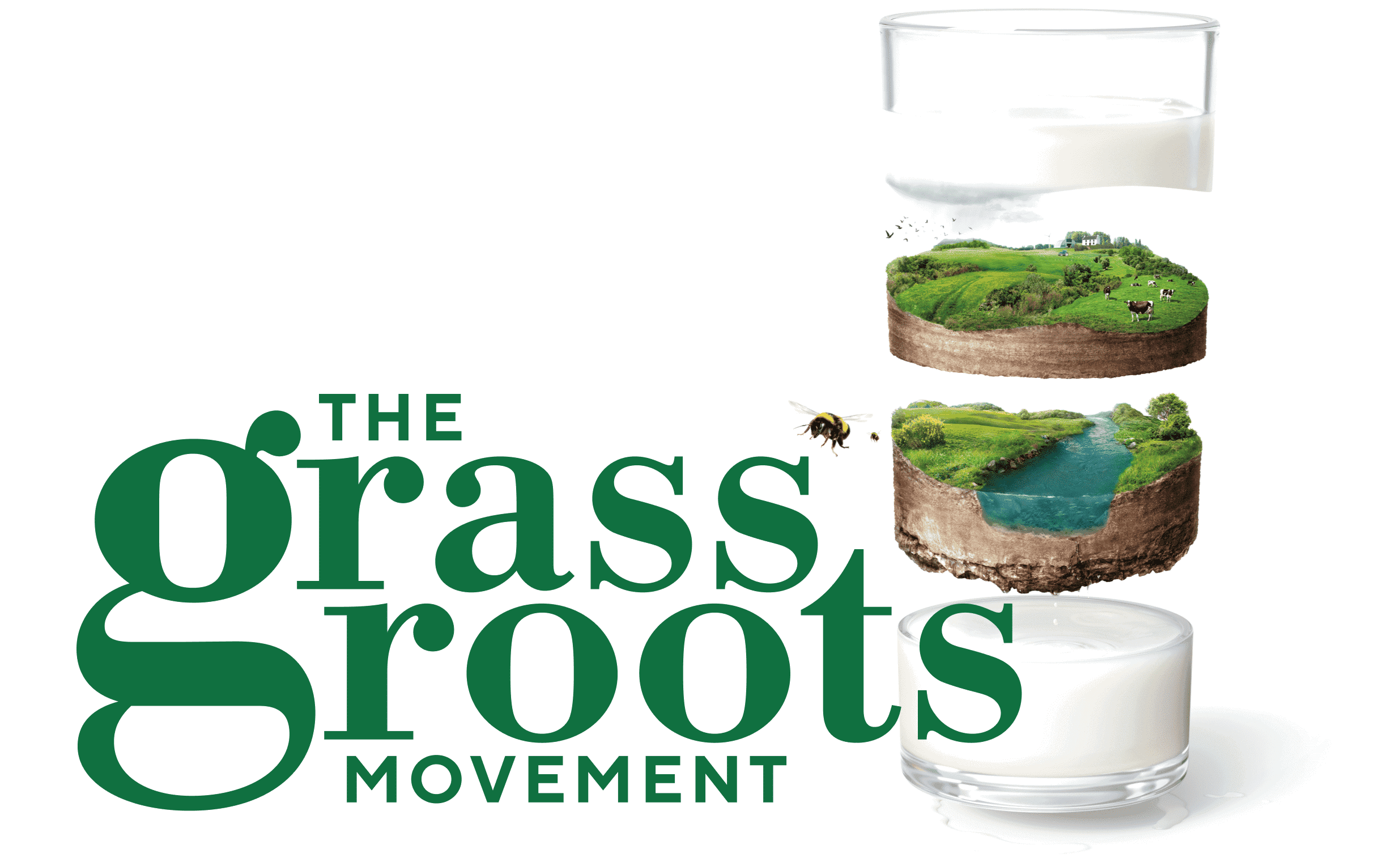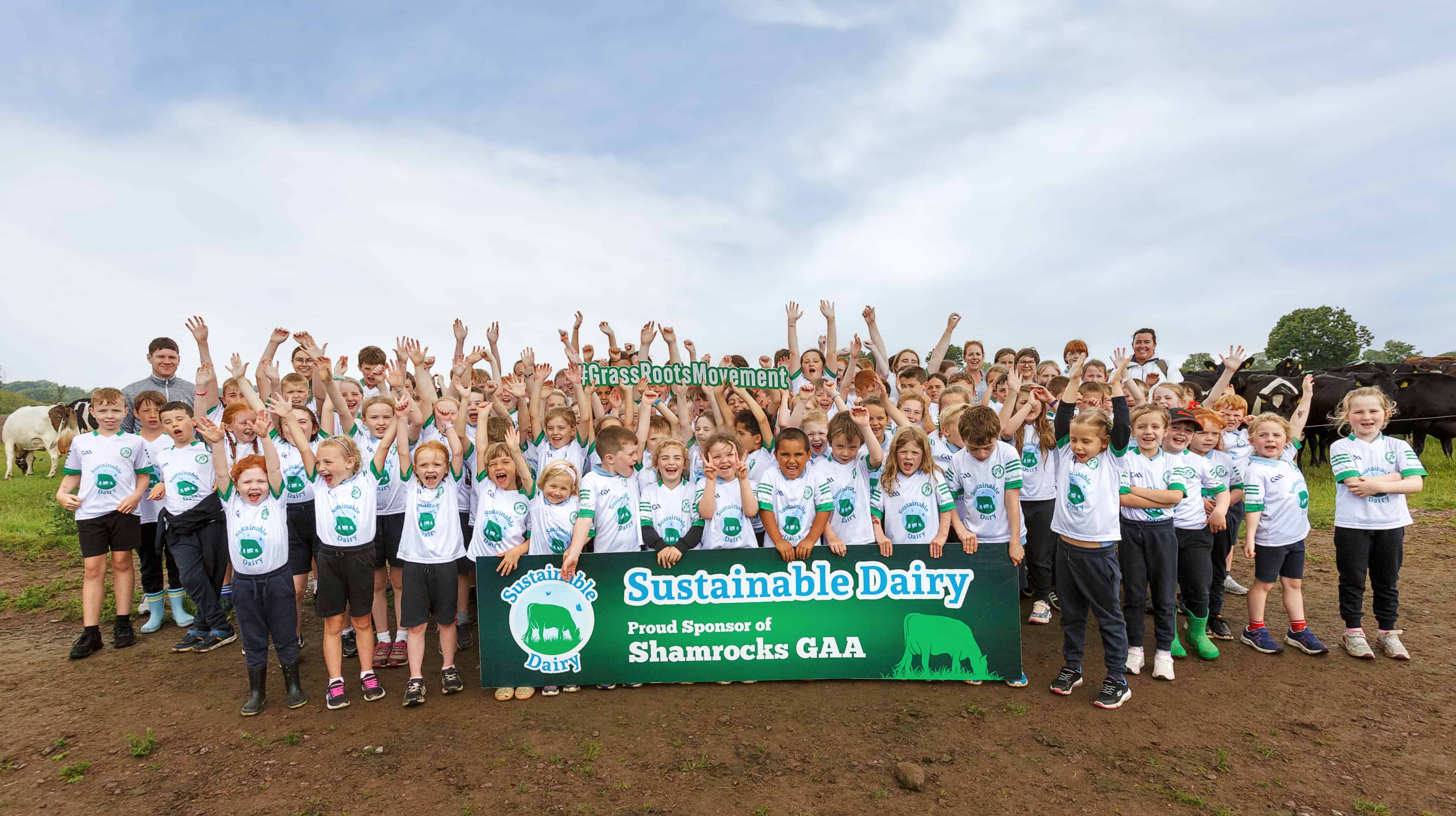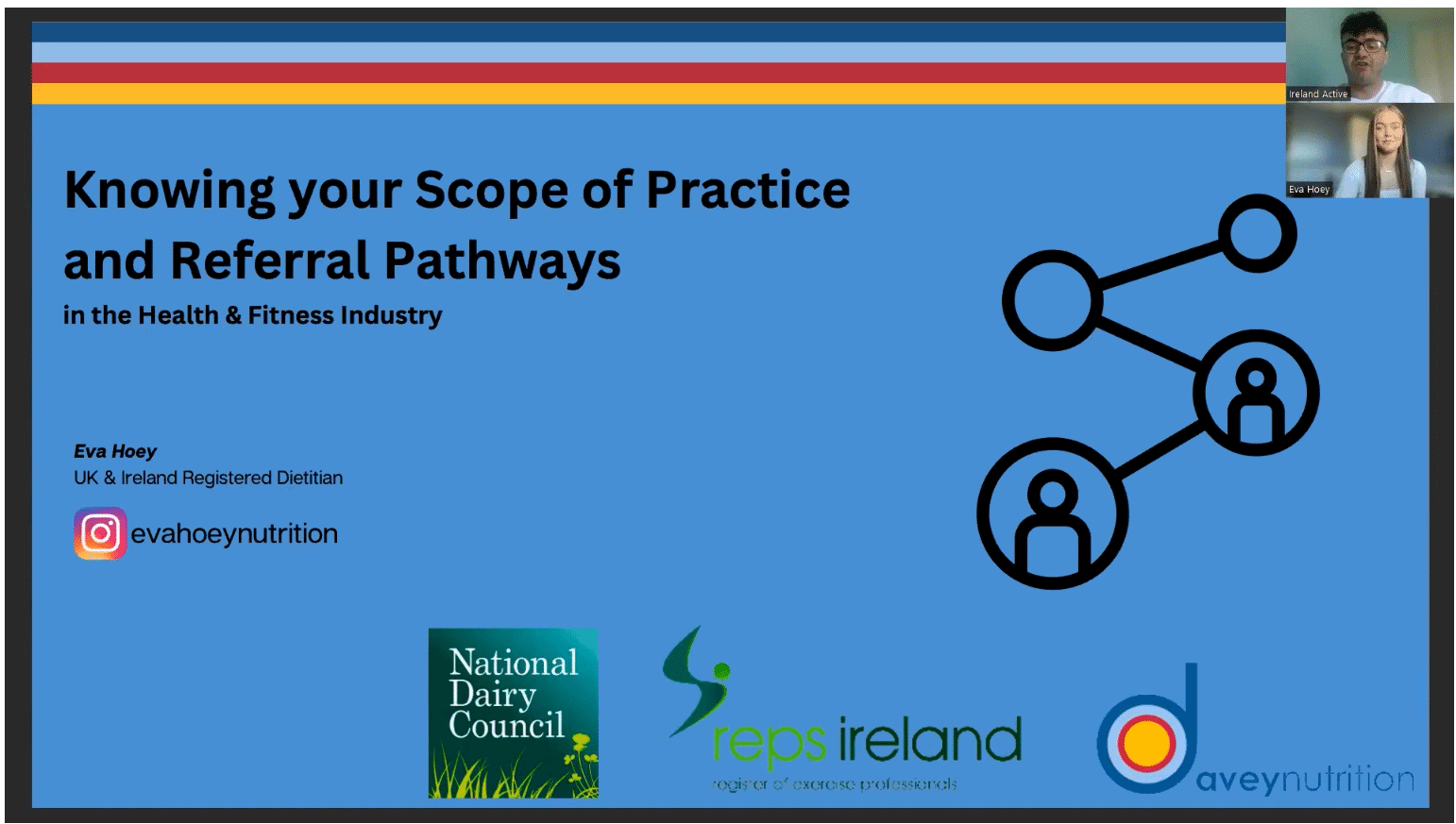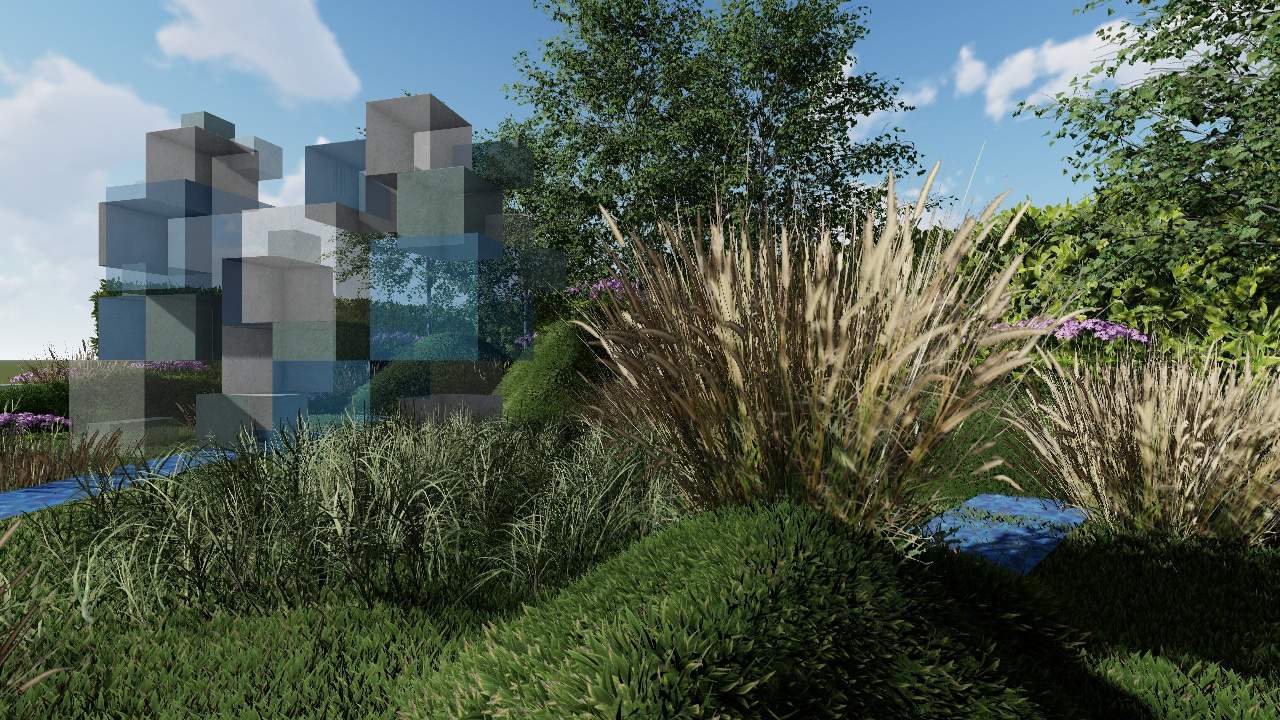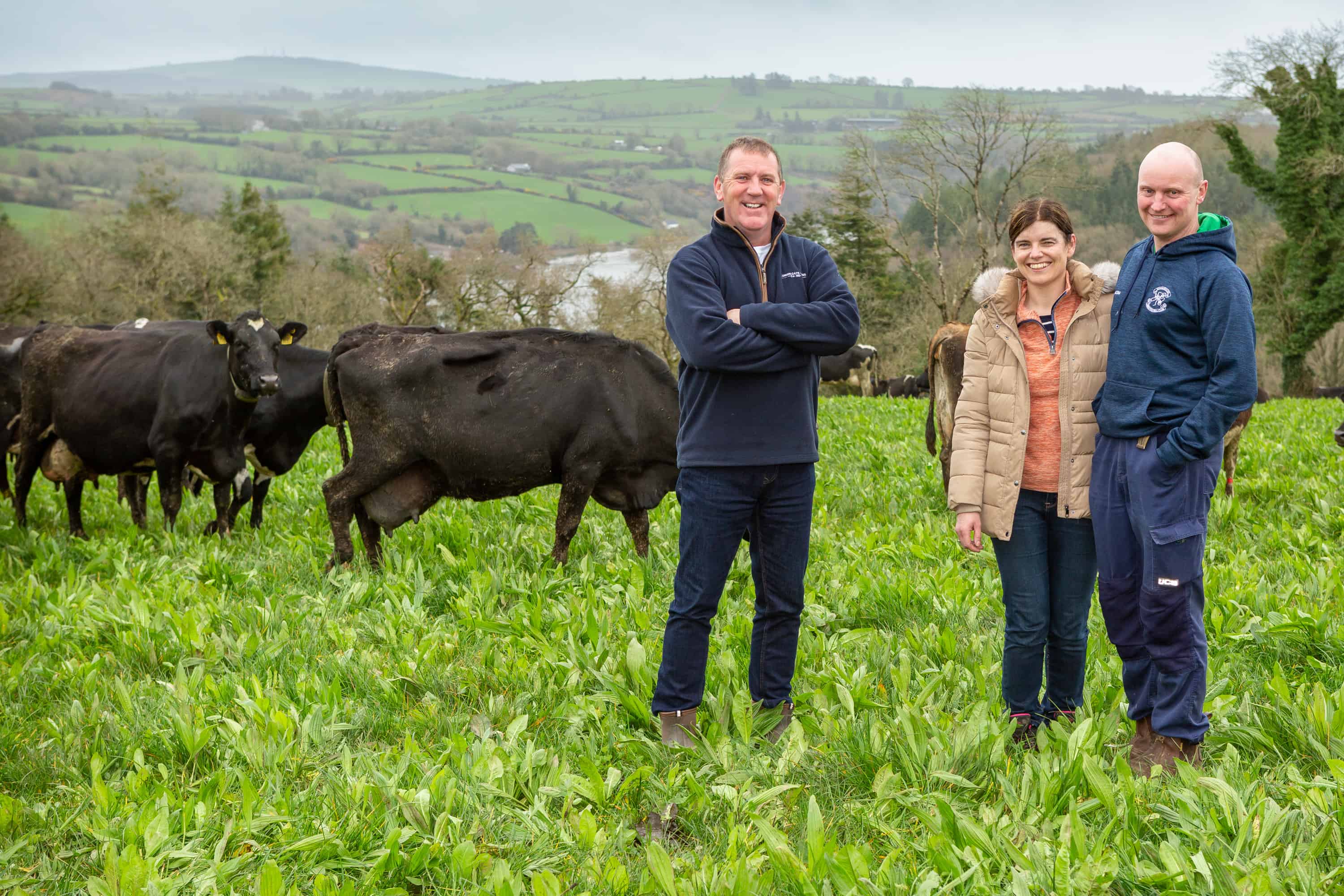The challenge facing Irish dairy is to reduce its greenhouse gas emissions by 25% by 2030. It’s a task that’s being taken very seriously by the dairy farming community.
The future of the industry, the future of the 17,500 family farms, the 60,000 jobs and the €6bn delivered to the Irish economy each year – all of this is at stake and the industry cannot be seen as truly sustainable if it doesn’t address its environmental impact.
25% by 2030 (and net zero by 2050) is a big ask – particularly given that the two main greenhouse gases emitted by Irish dairy are nitrous oxide and biogenic methane – the former predominately from the fertiliser that makes the grass grow and from the cows themselves and the latter from the cows as they digest their feed.
It’s not like flicking a light switch or closing a fossil-fuelled power station, or limiting the use of a car. The necessary changes take time, and achieving success requires a wide variety of different actions and initiatives. All of these things – many of which are already being implemented on Irish farms – are the result of scientific research and study in research centres across Ireland.
Whether it’s growing new plants in pastures to capture nitrogen in the soil and reduce fertiliser use, or developing new types of feed for cows to reduce their emissions, or breeding cows to be healthier, live longer and be more productive or finding new ways to analyse soil for moisture and nutrients – all of this work is being done here and now and being made available to farmers.
It is already having a beneficial effect on Irish dairy’s environmental impact, and we’re starting from a strong base. The carbon footprint of a litre of Irish milk is 0.91kg of CO2 equivalent – compared to a worldwide average of >2kg.
The National Dairy Council has been out talking to some of the scientists working on the solutions to Irish agriculture’s climate challenge, and asked them to describe, as simply as possible, what they’re doing and how they’re doing it. Learn more about their work below.
Dr Zoe McKay
Zoe McKay is an Assistant Professor of Grass and Forage Science and the Omnibus programme coordinator in the School of Agriculture and Food Science at UCD. She completed a degree in Animal Science in 2015 and a Ph.D. in dairy production in 2019, both from UCD. She then spent time in industry as a Ruminant Technical Specialist with Phileo UK & Ireland working with ruminant customers across Ireland and the UK. In 2020 she returned to UCD and and now teaches undergraduate and post-graduate students in grass and forage science.
In her current position her research focus is on increasing the sustainability of grass-based production systems. She has published internationally and is actively involved in research at UCD Lyons farm with the inclusion of the Systems Research Herd, which is focusing on the development of a sustainable profitable high-output grass-based spring milk production system. Other ongoing research includes an investigation of the effect of including plantain into PRG-WC swards with varying nitrogen mitigating concentrate supplementation strategies on environmental nitrogen emissions, rumen fermentation, and milk production efficiency of high producing lactating dairy cows (PASTURE-NUE).
Dr Tommy Boland
Tommy Boland holds a B.Agr.Sc and Phd from University College Dublin, where he is now employed as Prof. of Ruminant Nutrition and Sheep Production and also serves as the associate Dean of Research, Innovation and Impact within the School of Agriculture and Food Science. Tommy’s research interests are varied but centre on ‘sustainable pasture based livestock production systems’, which include methane mitigation, reducing nitrogen loss and diverse swards. He has published in excess of 150 peer reviewed papers, contributed more than 300 conference papers and contributes to the farming and popular press regularly.
He is currently president of the Agricultural Science Association in Ireland, and is Secretary of the Livestock Farming Systems commission of the European Association of Animal Science with both roles focused on the communication of science to various stakeholders and audiences.
Dr Helen Sheridan
Helen Sheridan graduated from the School of Agriculture and Food Science, UCD in 2001 with a bachelor’s degree in Agricultural Science specialised in Agri-Environmental Science. She completed her PhD in agricultural ecology in 2005. Between 2005 and 2010, she was a postdoctoral researcher on the EPA funded AgBiota and the DAFM funded Agri-Baseline research projects.
Helen is director of the Agri-Environmental Sciences Degree Programme with the School of Agriculture and Food Science, UCD. Her teaching at under- and postgraduate level is in agricultural ecology and agri-environmental policy. Her research primarily focuses on enhancing the sustainability of ruminant production systems, with particular interest in the use of multispecies swards and their potential to deliver multiple ecosystem services; the classification and management of farmland habitats and their associated biodiversity; and the design, implementation and monitoring of agri-environment schemes.
Dr Stafford Vigors
Stafford Vigors is an Assistant Professor of Animal Science and Microbiology in the School of Agriculture and Food Science, University College Dublin, Ireland. His research involves examining the impact of alterations in the gut microbiome and changes in gene expression in animal models of feed efficiency, nutrient supplementation, methane emissions, and nitrogen metabolism.
Dr Karina Pierce
Karina Pierce graduated with a BAgrSc in 2001 and completed her PhD in 2005, both from UCD. She is Professor of Dairy Production, Director of External Relations and Programme Director for the BAgrSc Dairy Business Programme in the School of Agriculture and Food Science, UCD. Her research focus is on the sustainability of dairy production systems. Karina is a member of the Dairy Subsidiary Board of An Bord Bia. She is a past President of the ASA, a former member of the Teagasc Authority and Food Vision Dairy Group and a former Board of Nuffield Ireland. Karina is also a 2019 Nuffield Ireland Scholar where her research focused on futureproofing the agri-food sector through robust research.
Dr Edel Kelly
Edel Kelly completed her PhD in 2014 having been awarded the Teagasc Walsh Fellow Scholarship. The focus of her PhD research was on Irish dairy farms examining adoption of land management practices using qualitative and quantitative national data. Prior to joining UCD in 2016 she has worked on national and international research projects.
More generally, her research interests address cross-cutting topics, specifically technology adoption and innovation at farm level and the link between our science, our farms and our food. Communicating environmental sustainability issues at farm-level and the importance of soil and water as key natural resources in a grass based system are two areas her research interests revolve around with a focus on the impact of policy.
